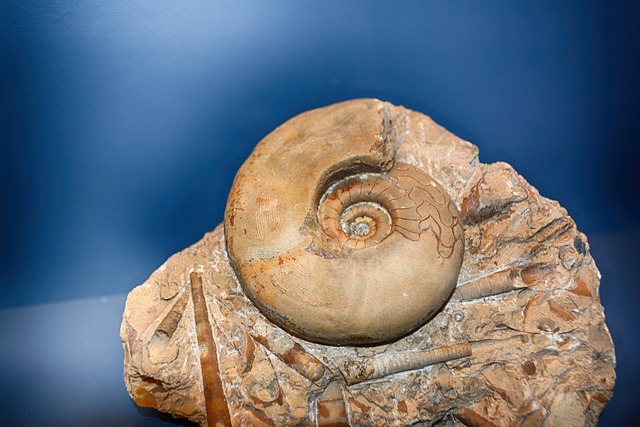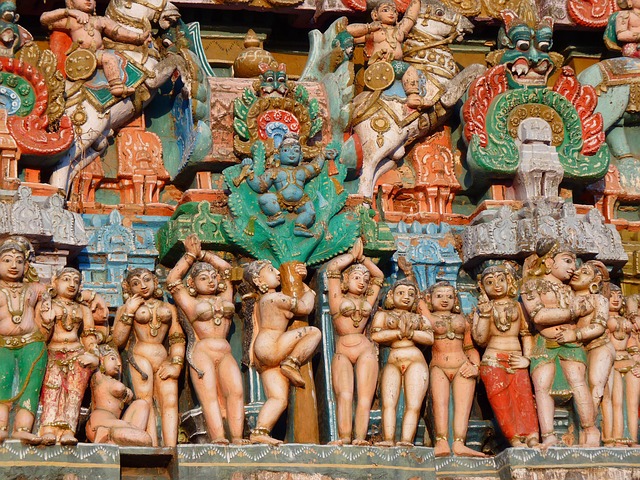The Divine Presence: Exploring the Mysteries of Ammon in Religion
The concept of the divine has long captivated humanity, transcending cultures and eras, fostering a profound connection between the spiritual and the earthly. Within this rich tapestry of belief, the figure of Ammon emerges as a potent symbol, representing aspects of divinity and mystery that resonate deeply with seekers of truth and wisdom.
Ammon, often associated with the ancient Egyptian pantheon, is characterized by his duality as both a creator god and a god of the wind. His name, derived from the Egyptian word Amun,” translates to “the hidden one,” encapsulating a profound aspect of belief in the unseen forces that shape our world. This essence of hidden strength speaks to the human condition—our constant quest to uncover the mysteries of existence and to connect with something greater than ourselves.
As a deity who presides over fertility and the flourishing of life, Ammon represents growth and vitality. In a world fraught with challenges, the symbolism of Ammon invites individuals to reflect on their own potential for rebirth and renewal. Just as Ammon was revered in temples, people today often seek out sacred spaces where they can reconnect with their innermost thoughts and emotions, finding solace in the knowledge that they are part of a larger divine narrative.
The worship of Ammon highlights a nuanced understanding of divinity—the recognition that the sacred can often be found in the mundane. In temples dedicated to Ammon, the rituals performed were not mere acts of devotion; they were acts of communion intended to foster a deeper relationship with the divine. This practice resonates with contemporary spirituality, where many seek to bridge their everyday existence with moments of divine connection, whether through meditation, prayer, or mindfulness practices.
Throughout history, Ammon’s influence extended beyond Egypt’s borders, intertwining with other belief systems. His integration into Greek and Roman culture as Amun-Ra, coupled with his enduring legacy, illustrates the universal longing for understanding and connection to the divine. This cross-cultural journey emphasizes a shared human experience—the innate desire to search for meaning and understanding in an ever-enigmatic universe.
Moreover, the archetype of Ammon serves as a reminder of the duality in human nature. Just as Ammon holds sway over creation and chaos alike, individuals too possess the power to both nurture and destroy, to create meaning from their experiences or to remain shackled by fear. This dual aspect of divinity encourages personal exploration and growth, reverberating in the hearts of those who grapple with their own identities and beliefs.
In exploring the mysteries of Ammon within the broader context of religion, one cannot overlook the emotional landscape that these narratives evoke. Stories of gods and goddesses echo within us, stirring feelings of hope, wonder, and reverence. They challenge us to confront our mortality, to ponder our purpose, and to dare to believe in the extraordinary possibilities that lie beyond our immediate perception.
Ultimately, the journey through the mysteries of Ammon and his divine presence speaks to the core of human experience. It beckons us to seek out the hidden facets of our own lives, encouraging spiritual exploration and inviting us to forge connections with the divine mystery that surrounds us. In recognizing these divine aspects, we find ourselves nurtured and inspired by the pursuit of understanding, guided by the timeless wisdom embodied in the stories of gods like Ammon.




